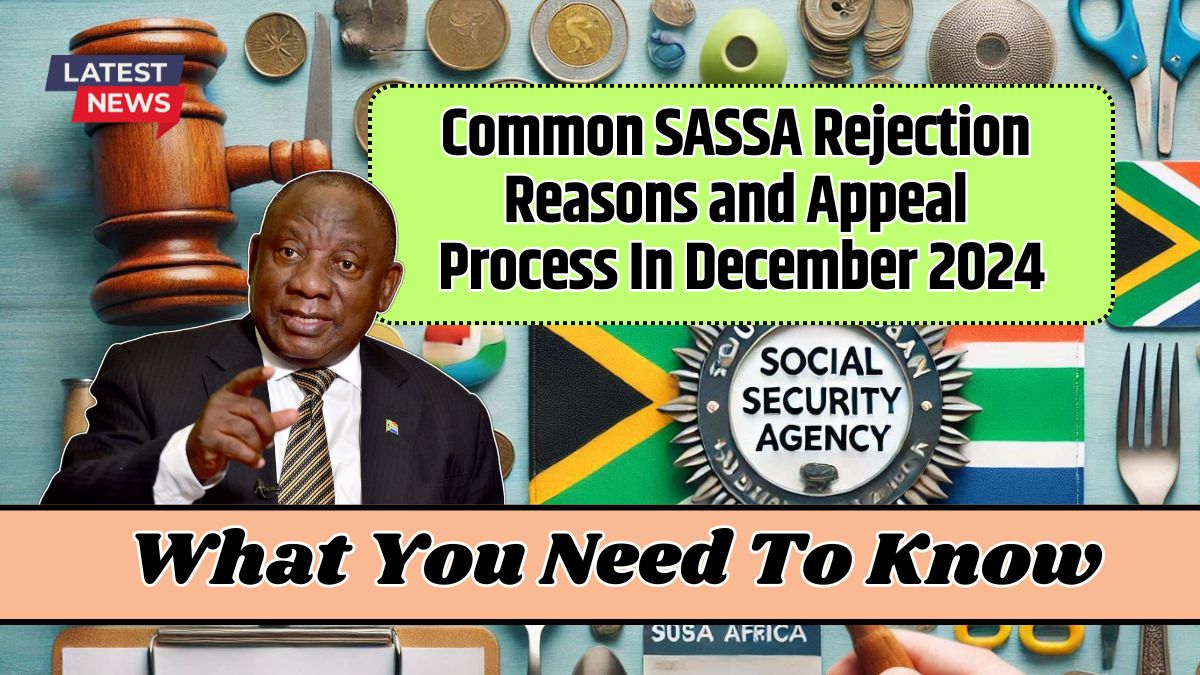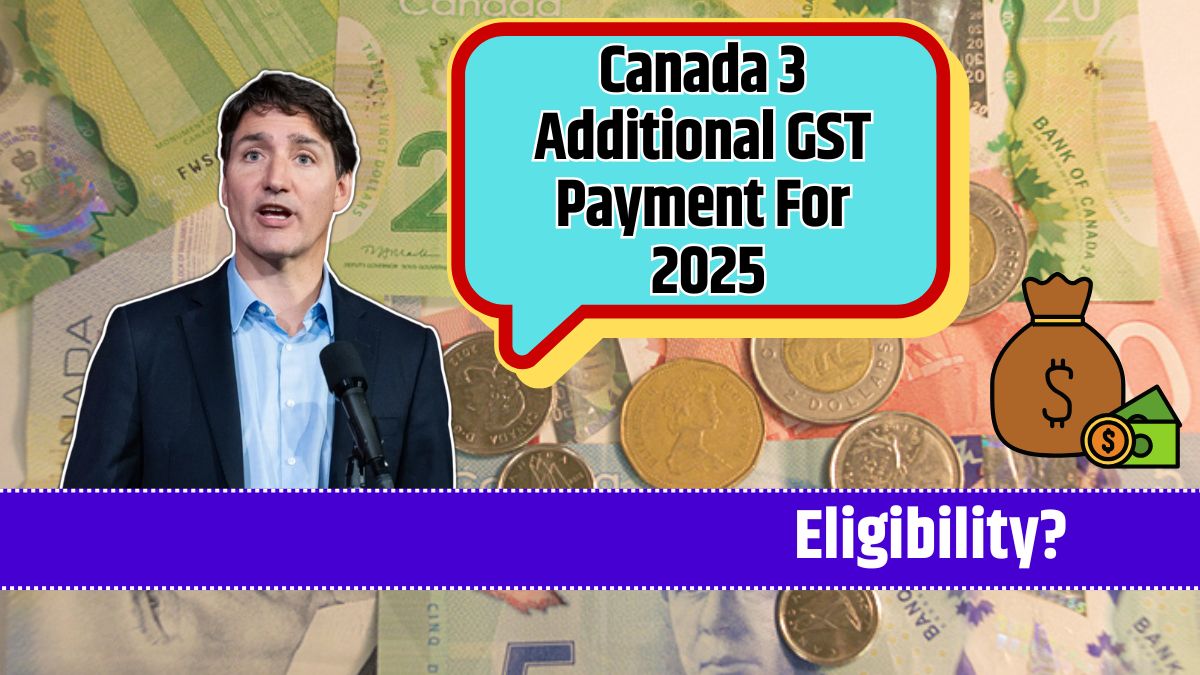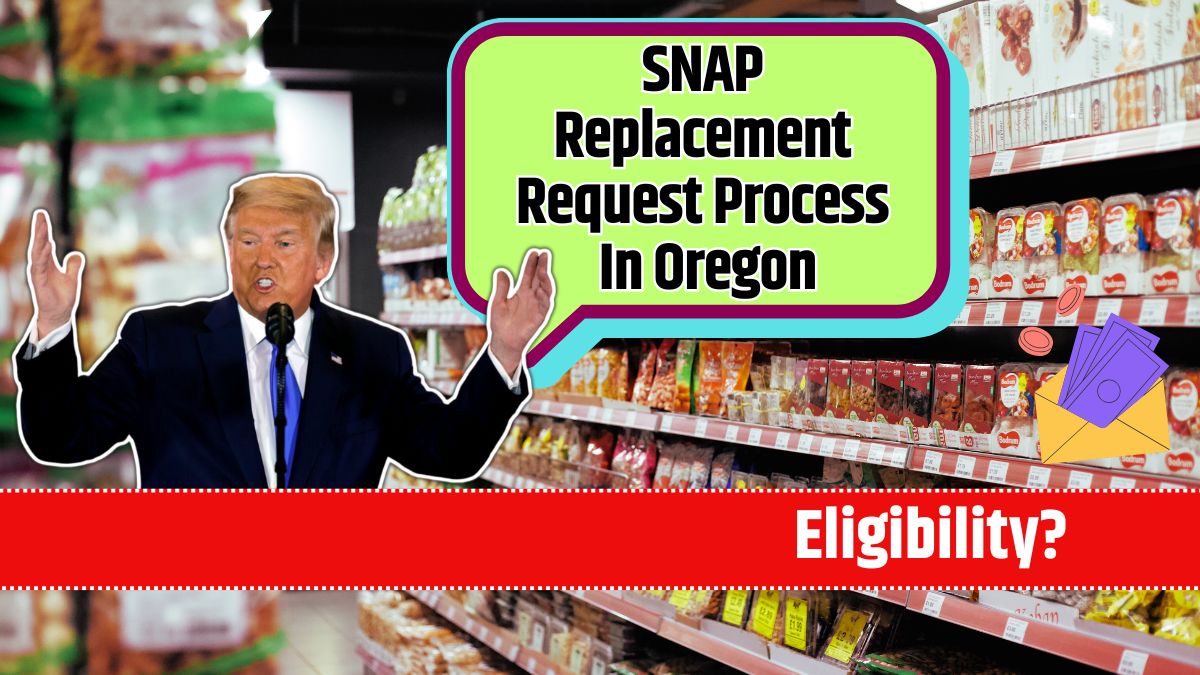Applying for a SASSA grant is often a lifeline for many South Africans in need. However, finding out your application has been declined can be stressful.
The good news? A rejection isn’t the end of the road. By understanding why applications are rejected and learning about the appeal process, you can take meaningful steps to secure the assistance you need.
Here’s everything you need to know about common rejection reasons, the appeal process, and alternative support if your application isn’t approved.
Rejections
Several factors can lead to a declined SASSA application. Knowing the most common reasons can help you avoid future mistakes or address them in your appeal:
- Incomplete Forms: Missing sections or errors in your application can trigger an automatic rejection.
- Incorrect Banking Details: Mistyped or incomplete banking details make it impossible for SASSA to verify your information or transfer funds.
- ID Issues: Mismatches between your provided details and Department of Home Affairs records can lead to denial.
- Means Test Failure: If your income or assets exceed the qualifying threshold, your application may be rejected.
- Existing Income or Grants: Already receiving a grant or having another income source often disqualifies applicants.
- Age Restrictions: Some grants, such as child support or unemployment assistance, have strict age limits.
- Fraud Suspicion: Discrepancies or concerns about fraud can result in automatic disqualification.
- Data Conflicts: Conflicts with other government databases, such as the Unemployment Insurance Fund (UIF), might interfere with your eligibility.
Appeals
If your application is declined, you can appeal the decision within 30 days. Here’s how to do it:
- Visit SASSA’s Portal: Log in to the official SASSA website.
- Provide ID Details: Enter your ID and mobile number.
- Verify: Use the one-time PIN (OTP) sent to your phone to access the appeal section.
- Select Month: Choose the month in question for appeal.
- State Your Case: Provide a reason for the appeal using the options available.
- Submit Appeal: Double-check the information and confirm submission.
SASSA will review your case, which may take up to three months. You’ll be notified of the outcome by SMS or email.
Key Appeal Tips
- Double-Check Documents: Make sure all information is accurate and up-to-date.
- Stay Persistent: Appeals can be made multiple times if your situation warrants it.
- Track Deadlines: Missing appeal deadlines could cost you the chance to challenge the decision.
Avoidable Mistakes
These common errors can result in rejection:
| Mistake | Impact |
|---|---|
| Missing deadlines | Forfeits application or appeal rights. |
| Incorrect information | Causes verification or approval delays. |
| Ignoring eligibility rules | Leads to automatic disqualification. |
Double-checking your application and adhering to deadlines is crucial for a smooth process.
Alternative Support
If your appeal is unsuccessful, don’t lose hope. Here are some other avenues to consider:
- UIF Benefits: If you’re unemployed and meet criteria, the UIF might offer support.
- NGO Programs: Non-profits and community programs often provide food or shelter.
- Local Municipal Aid: Contact local government offices to explore temporary aid options.
Next Steps
Receiving a rejection notice is tough, but it’s not the end of the road. Use the appeal process to clarify errors or omissions. With persistence and a proactive approach, you can still secure the financial assistance you need. Remember, if one door closes, there are always others to explore.
















